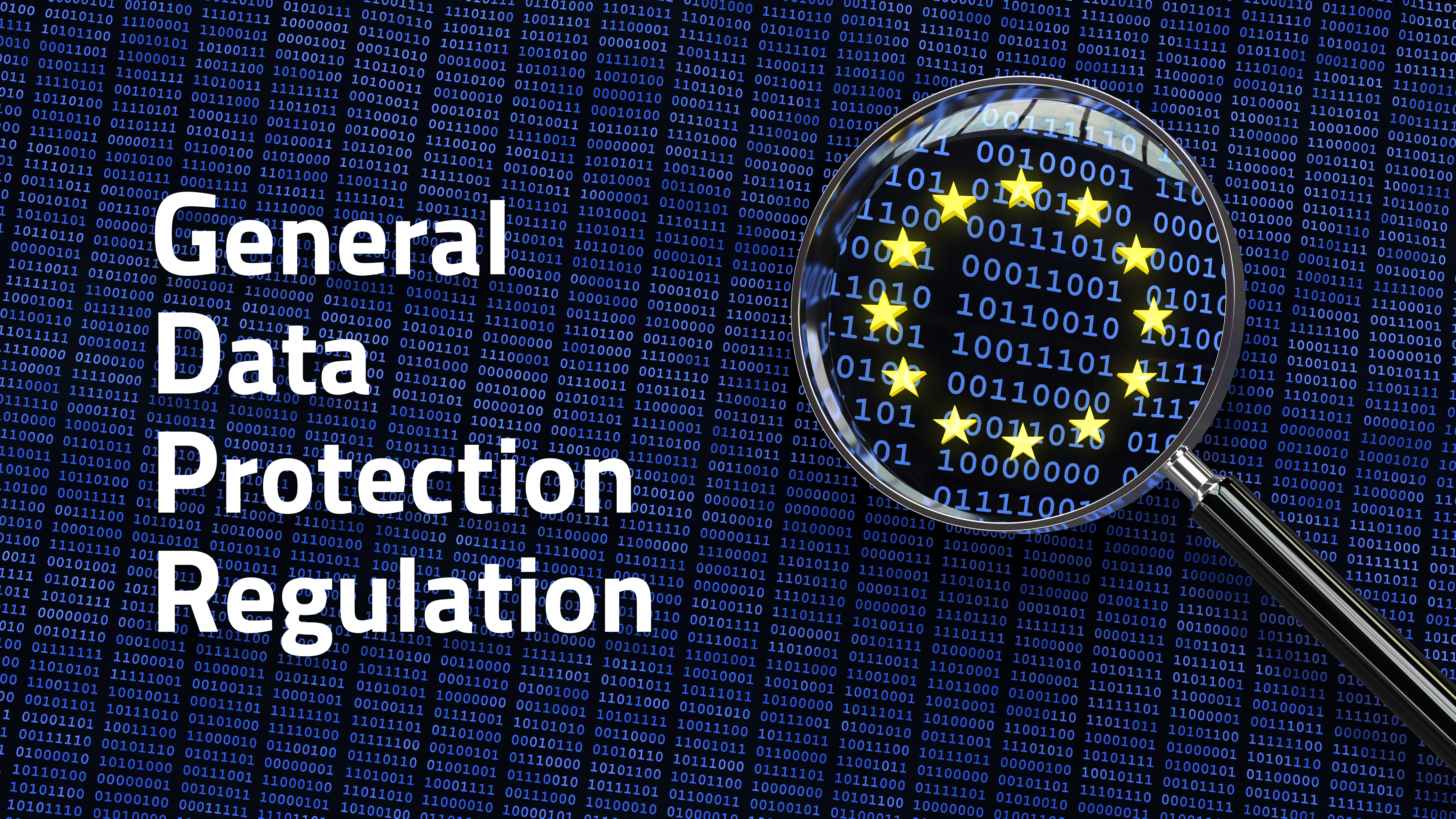There’s more than one reason for companies to adopt a strong data-governance strategy. On the one hand, more and more countries and even regions are implementing stringent data privacy and protection laws. Regulations aside, however, robust data governance can be a real strategic differentiator. Good data governance includes having a handle on what information you have, where it has come from, and the appropriate limits on how your organization can store and use it in data analytics.
Some big positives of your organization having control of its data include:
1. Avoiding making key business decisions based on incomplete data
Relying on out-of-date information or looking at reports in isolation from the bigger picture, for example, can lead to making the wrong decision within your business. Making the wrong new product choice will mean time, money, and resources wasted on bringing it to market. By contrast, choosing a strategy based on good data will ultimately put you ahead of the competition.
2. Better protecting your organization from regulatory risk exposure
If your company has poor or incomplete data-management practices, you certainly open yourself up to regulatory intervention. Legislation like the General Data Protection Regulation (GDPR) mandates how you should capture, store, and process people’s personal information. Risk managers need to ensure that their company documents this, as well as why specific information is being collected, how it is being used, and how the overall life cycle is managed. We’re talking here about informed consent and a defined data-retention process.
Of course, it is not just European data laws that have an effect. Depending on your company’s jurisdiction, you may be subject to laws anywhere in the world—INCLUDING THE UNITED STATES AND THE ASIA-PACIFIC REGION.
3. You can quickly take advantage of opportunities
If you have good, reliable data and reporting, when potential opportunities arise, company leadership can quickly decide the right strategy to take. Opportunities could be identifying a new product, new market, or purchasing another company. Strategic decisions could also be financial or operations-based. Fast decisions that the whole company can be confident in can really make your business a leader in the marketplace.
Even if you have a data governance strategy in place, are you using your knowledge to its full potential?
“Dark data” is a phrase that has been coined to describe data that companies own but have not monetized. It is estimated that there are billions of dollars of dark data globally, stored in places like data warehouses. Without a strategy for using this data, it is useless. There is also the risk of regulatory action if it is held unlawfully. In most cases, the best solution is to thoroughly anonymize this data so it’s only usable for analysis (i.e., it’s stripped of all personally identifiable information).
So, how can companies make their data work for them?
While ownership of data governance needs to come from the top, risk managers also need the support of the whole business to implement an effective strategy. This means putting in place the right practices to make efficient use of data.
A data governance strategy needs a good level of understanding of
- Why you are collecting the data you have,
- Collecting the minimum amount of data necessary,
- Where the data is being stored,
- How it is being used or processed,
- How the quality is being managed, and
- What type of decisions you are making using the data.
While companies often think that implementing a data-management process is costly, in actual fact it can save significant amounts of money. Not only will it reduce the risk of prosecution if found to be contravening regulations, but there are potential direct cost savings, such as data storage and IT infrastructure.

- If you’d like to find out more about Ventiv’s approach to DATA GOVERNANCE, please contact Scott Wilson on LINKEDIN or SCOTT.WILSON@VENTIVTECH.COM.
- Watch our WEBINAR with Airmic on GDPR: 6 months on











